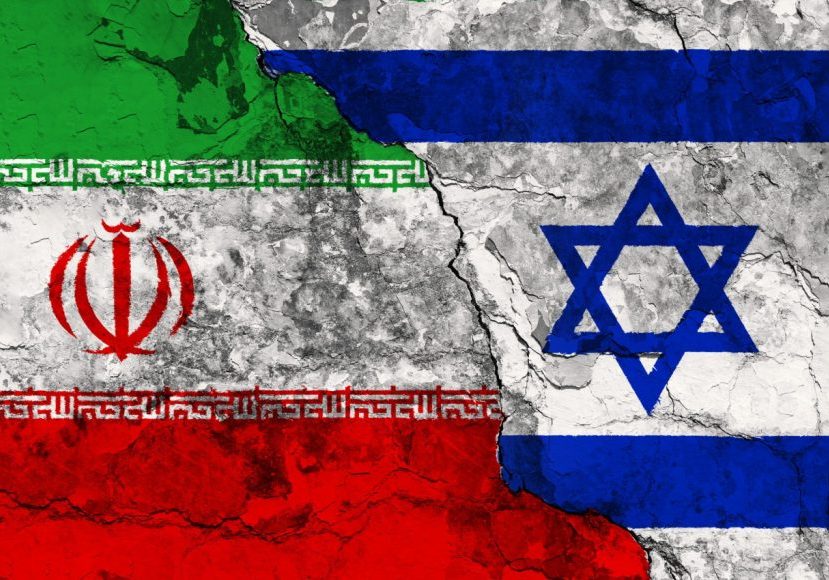IN THE MEDIA
Obstacles to Israeli-Palestinian peace
Sep 16, 2008 | Colin Rubenstein
By Colin Rubenstein
Melbourne
Jakarta Post – 16 September 2008 | Opinion
For at least the last eight years – ever since the Camp David Summit in 2000 – the broad outlines of an Israeli-Palestinian peace agreement have been clearly known.
The terms include: A Palestinian state in all of the Gaza Strip and the vast majority of the West Bank; the incorporation of the largest settlement blocs into Israel and the dismantling of the rest; land swaps from pre-1967 Israel to make up at least some of the difference in territory; the return of a very limited number of Palestinian refugees to Israel with the rest returning to the future Palestine and/or receiving compensation; sharing, at least symbolically, of Jerusalem; and the cessation of violence, demilitarization of the Palestinian state, and other security guarantees for Israel.
This formulation, which unfortunately was rejected in 2000 by Yasser Arafat, is accepted by most Israelis and by parties across the Israeli political spectrum. Importantly, polls show that it also is mostly supported by a majority of Palestinians. And it’s the basis for current negotiations between Israeli Prime Minister Ehud Olmert and Palestinian Authority (PA) President Mahmoud Abbas on a so-called “shelf” agreement.
So if everyone knows what an agreement looks like, what’s the problem? Why can’t the parties just make the deal, Israel withdraw from the West Bank (it has already done so from Gaza), and be done with it?
The answer is that right now neither side is politically strong enough to seal the deal. Worse, even if a shelf agreement – meaning one whose terms would be implemented at a later date -is agreed to, the Palestinian side is incapable right now of implementing it.
For Israel’s part, it will have a new prime minister as early as next month but no later than the end of the year. This limits Olmert’s ability to reach a final-status deal, even though the broad terms are supported by most if not all of his likely successors.
More importantly, the biggest obstacles to an agreement right now are continued Palestinian violence and the fact that the Palestinian side remains completely fractured and dysfunctional.
Hamas, an organization fully committed to destroying Israel, completely controls the Gaza Strip. Even though Israel fully withdrew all settlers and soldiers from Gaza two years ago, Hamas and other Palestinian organizations have increasingly used the territory to launch rockets and mortars on Israeli towns and civilians.
Hamas tellingly refuses to agree to the three most basic requirements of being considered a “partner for peace”: renouncing the use of violence, recognizing Israel’s right to exist, and accepting prior agreements signed by the PA.
Given Hamas’ response to previous Israeli territorial withdrawals – specifically, more violence directed at Israeli civilians – Israel is wary about implementing withdrawals that would put Jerusalem and Tel Aviv within range of Hamas rockets.
And although there currently is a ceasefire between Hamas and Israel, few experts expect it to hold very long – especially because rockets continue to fall on Israeli towns, albeit much more sporadically. Moreover, Hamas has announced the ceasefire is only a temporary measure whilst it recovers from Israeli sanctions and counterattacks.
Meanwhile, Abbas and his Fatah faction maintain a shaky grip on power in the West Bank and are too weak to confront Hamas either politically or militarily. Hamas could overrun Fatah there too if not for Israel’s security presence in the West Bank.
Israel has taken steps to bolster Abbas and Fatah in the eyes of the Palestinian population, including eliminating roadblocks and releasing Palestinian prisoners. The international community has also taken steps by pledging economic and development assistance, although not all of the $7.5 billion pledged last December has actually been provided.
Although negotiations on the shelf agreement continue, it is obvious that Abbas currently does not have the capacity to make the compromises necessary to reach an agreement or, even if one is reached, implement it among all Palestinian factions.
So what can be done? The continued support of the international community is critical to any future success. Indonesia and other moderate Arab and Muslim states can play a particularly important role by providing Abbas the political support he needs to make those compromises and by helping to reform and strengthen the PA’s governing institutions and capability. The conference held here in mid-July on that very issue, co-sponsored by Indonesia, was inspired by a positive recognition of this constructive role that Indonesia and others can play.
Finally, Arab and Muslim states should take steps to normalize relations with Israel now, rather than wait for a final agreement. This approach would demonstrate to Israel the tangible benefits of making painful compromises and show Israelis that a comprehensive end to the Arab-Israeli conflict is possible. Having a relationship with Israel is also the best way for these governments to ensure that their voices will be heard and considered by Israel.
The writer is the Executive Director of Australia/Israel & Jewish Affairs Council and former lecturer in Middle East politics at Monash University, Australia.











